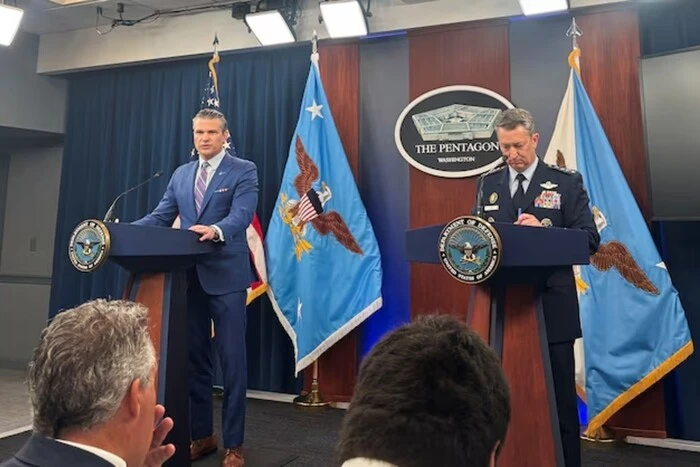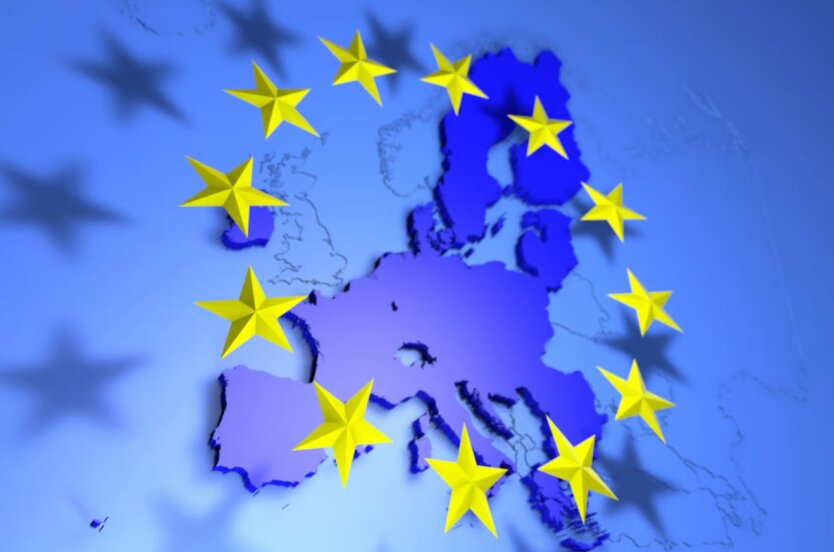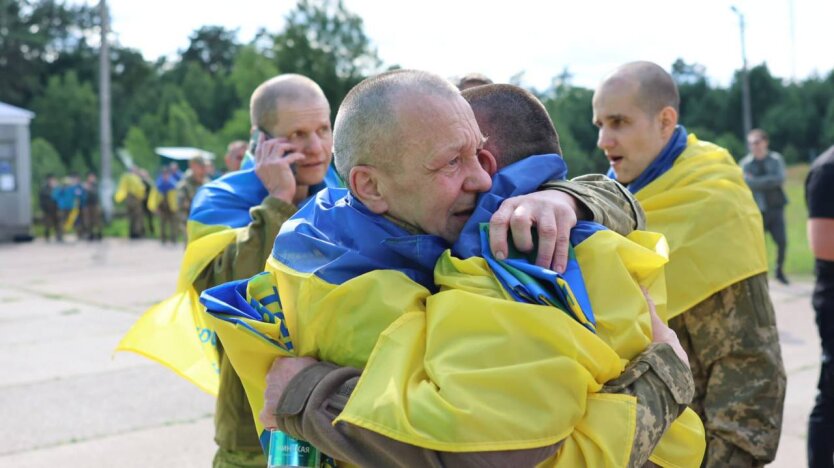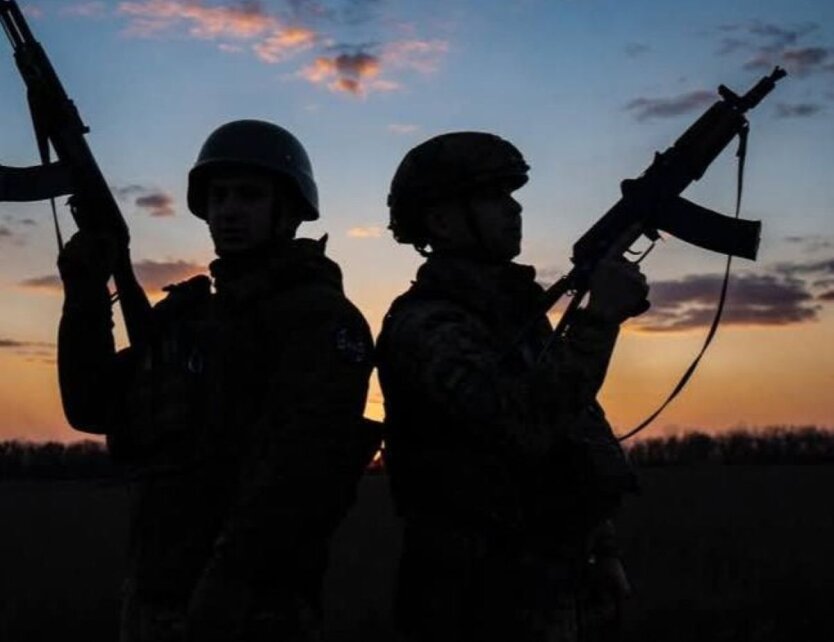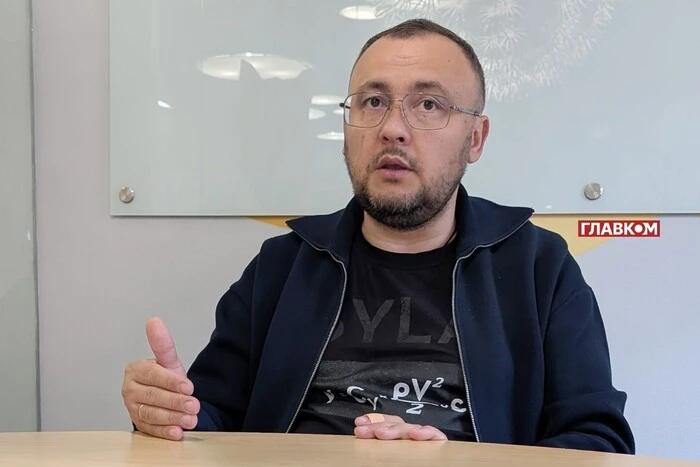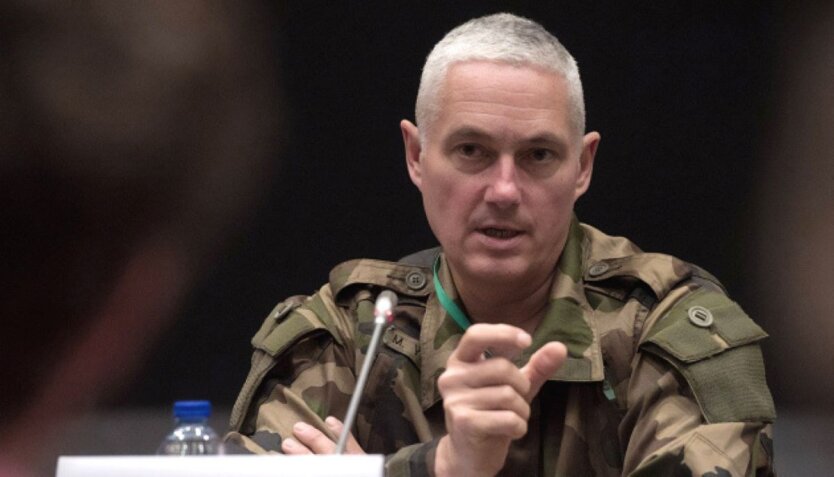Shmyhal spoke about the likelihood of partial resumption of air traffic in Ukraine.

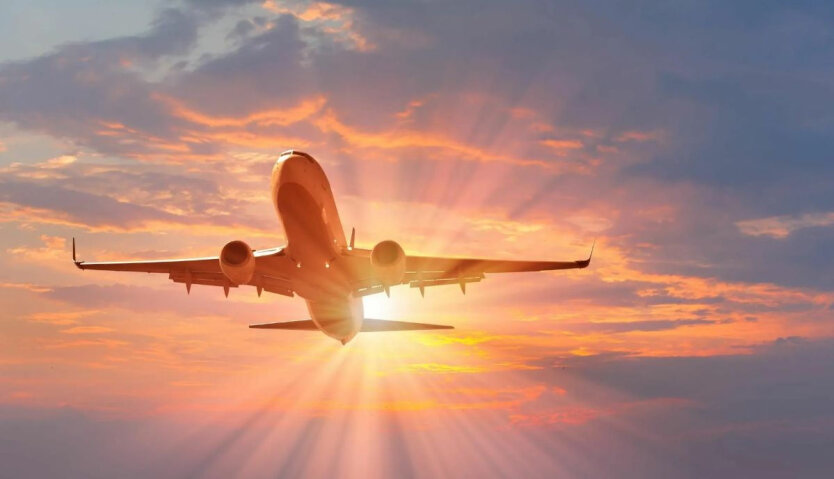
The airspace of Ukraine remains closed due to security risks - Shmyhal
Prime Minister of Ukraine Denys Shmyhal claims that the airspace of the country remains closed due to critical security risks. He stated this during the International Transport Forum.
According to him, Russian attacks have caused significant damage to aviation infrastructure.
'We conducted a detailed risk assessment and established that it is currently impossible to partially open the airspace,' emphasized Shmyhal. The government is focused on developing alternative routes for cargo delivery and passenger transport – primarily through land borders, road, and rail transport.
According to the Prime Minister, at least 15 civilian airports have been affected as a result of Russian attacks. In addition, in the last three months, the enemy has launched more than 60 attacks on port infrastructure, damaging or destroying about 300 facilities and 22 civilian vessels.
Despite the difficult circumstances, Ukraine manages to maintain a maritime logistics corridor. As of today, more than 2800 vessels have passed through it, carrying over 75 million tons of cargo for 40 countries around the world. Of these, more than 50 million tons consist of agricultural products.
'This confirms that Ukraine remains a guarantor of food security, despite constant shelling of infrastructure,' underscored Shmyhal.
Read also
- The Pentagon responded to whether the States have information about Iran's hidden uranium stockpile
- EU Summit: What was decided regarding sanctions against the Russian Federation, negotiations with Ukraine on accession, and financial support
- Another stage of prisoner exchange: Ukrainians who had been in Russia for over three years have returned home
- Rear regions created a strategic reserve for the groupings 'Khortytsia' and 'Tavriya' - OP
- Who stopped the exhumation? Ambassador reported the details of the information diversion arranged by Russians in Poland
- NATO General Explains How the 'Korean Model' Could Work in Ukraine

